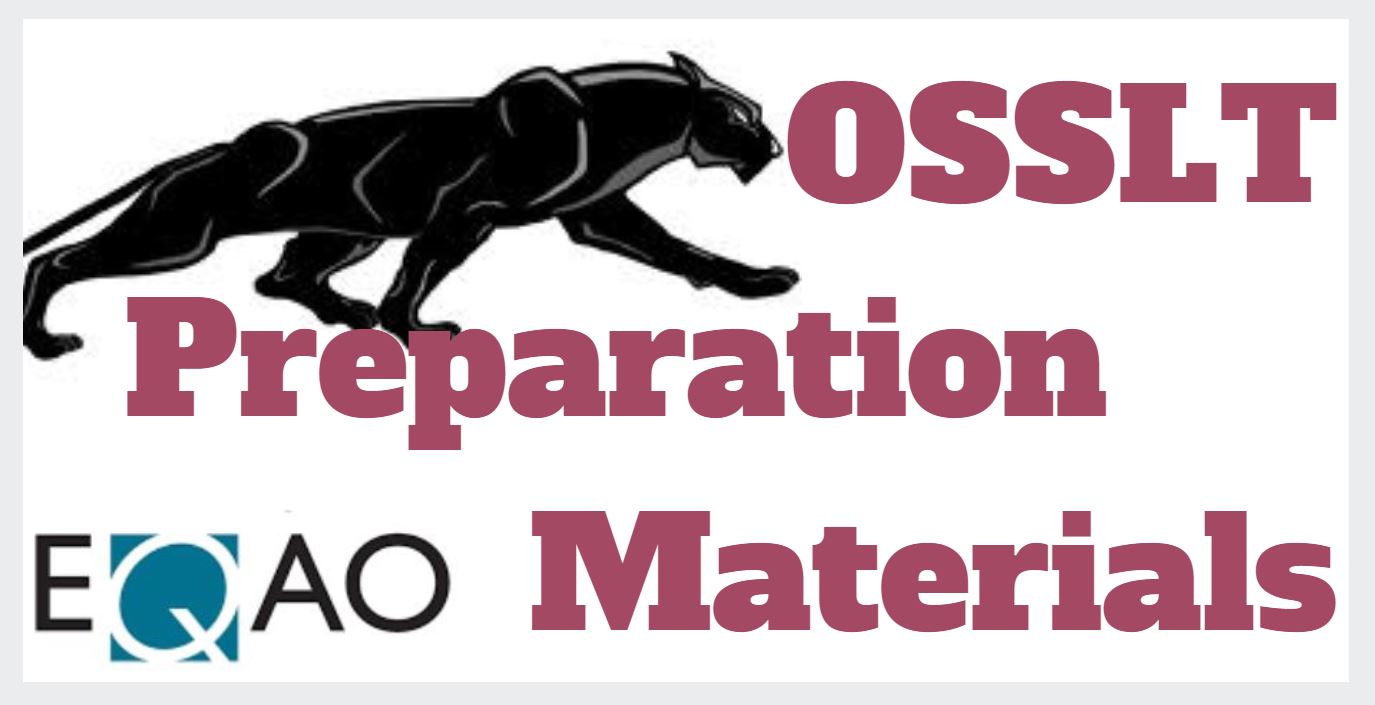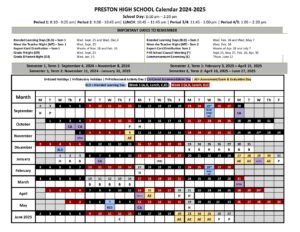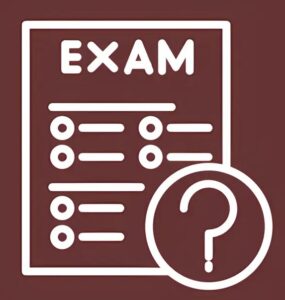What is an IEP?
A student who is struggling to consolidate concepts may have a learning issue that is proving to be a barrier. The school may respond by developing an Individual Education Plan. The Special Education Resource Teacher develops the IEP in consultation with the parent, student and teachers.
The IEP lists the individual strengths and weaknesses of the student and details the specific classroom accommodations incorporated in the student’s education program. The IEP is a living document, which means that it is open for revision at any time. As the Learning Services staff become aware of a need and an accommodation which can benefit the student, we will make the change to the IEP. As well, as the student’s brain matures, accommodations which were necessary for a young child become unneeded. These accommodations are removed.
Your student’s case manager will make an appointment with your student to revise the IEP in September. The revision is sent home for approval; the approved copy is signed and returned. If changes are required, just let us know.
The Value of Testing
Each Learning Disability has its own strategies, but without knowing what the student’s learning issue is, we teachers are just making educational guesses. A psychologist who specializes in Educational testing can give the best insight into how a student processes information, accesses information and uses the information. The report, known as a Psychological Educational Report (or Psych-Ed, in teacher slang) will describe the student as a learner, and will give specific instructions to the teacher. These instructions form the basis of the IEP.
What’s the Process?
Start with your family doctor to rule out any physical reasons. Get vision and hearing checked, too! Psychological Educational testing can be expensive. Your family doctor may be part of a group that provides lower costs to members, or your benefits may cover the expense.
Your psychologist will do the testing over a number of dates. The results are compiled, and a report is generated. The results of the report will be shared with you. You make the decision to share it with the school. If that’s what you decide, then you bring the report to the Head of Special Education or to the Guidance counsellor. The Head of Special Education will assign a case manager and create the IEP, based on the report suggestions. The IEP is then given to your child’s teachers.
If you need suggestions for psychologists, call the Head of Special Education (519 – 653 – 2367 x 431).
What is an IPRC?
IPRC means Identification, Placement and Review Committee. A student is referred to the committee to determine if the student is exceptional. The committee members are (usually): parents, classroom teachers, special education teacher, and administrator.
What does “exceptional” mean?
Exceptional means that the student cannot be successful in a regular program, delivered by a classroom teacher, without support. Areas in which a student can be exceptional are:
Behaviour: student displays behaviours that can interfere with the learning environment. (e.g., conduct disorders, anxiety, ODD)
Physical: the student has a physical challenge (e.g., vision impairment)
Intellectual: the student is identified as gifted, possesses a mild intellectual disability or has a developmental disability
Communications: the student may be autistic, be deaf or hard of hearing, have language impairment, speech impairment or a learning disability
Multiple exceptionalities: the student has more than one of the above described exceptionalities
No exceptionalities: the student has indicators of a learning disability, but there has been no formal testing
Once a student is identified in terms of one of these categories, their placement in their learning environment is determined by the committee.
What sort of placements are there?
Most students are placed in a regular classroom with support from the Learning Services department. Some students receive specialized teaching and programming through the Learning Services department. This is delivered in the form of a credit bearing course, General Learning Strategies (GLE) or a non-credit bearing placement in the Learning Resource Centre (LRC). A few students are placed in a specialized program where they can be successful, such as the Enhanced program, Life Skills or Developmental Education.
These placements are reviewed annually. If the student is being successful in his deemed placement, parents will receive a Waiver letter, requesting that we dispense with the formal committee review. Parents can always request a review.
All students who have been IPRC’d have IEPs, but not all students with IEPs have been IPRC’d. You don’t need to be Identified to get service and support from the Special Education department.
Teachers are informed about IEP’d students on the first day of school. It is the teacher’s responsibility to read the IEP and provide the accommodations listed. Please talk to your student’s teachers about the particular struggles your student has — we welcome your input!













